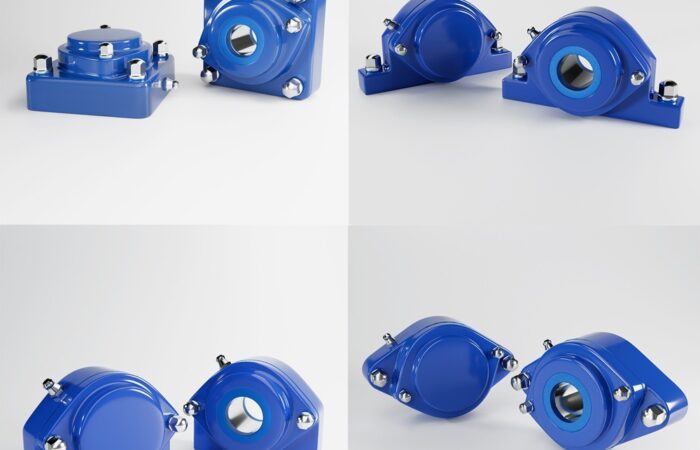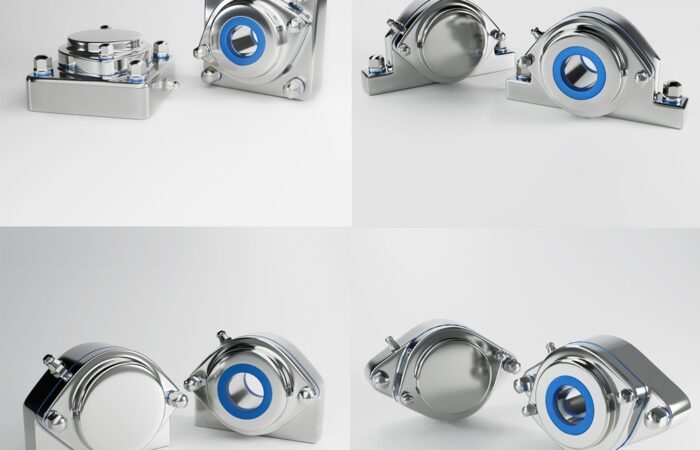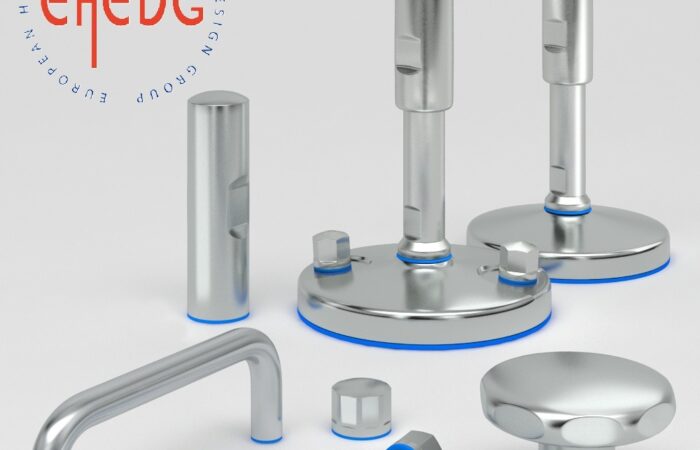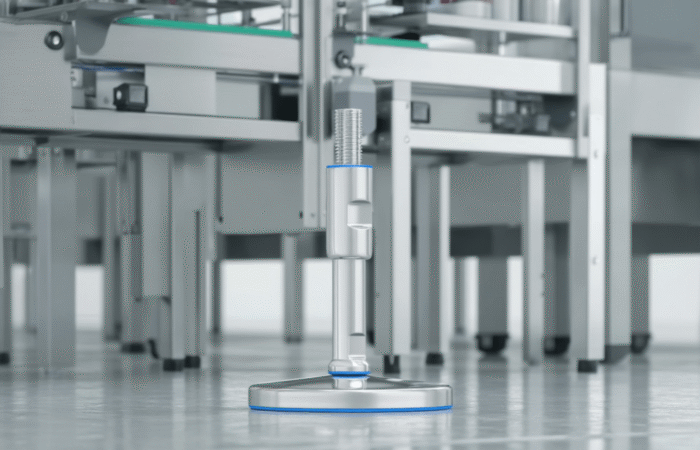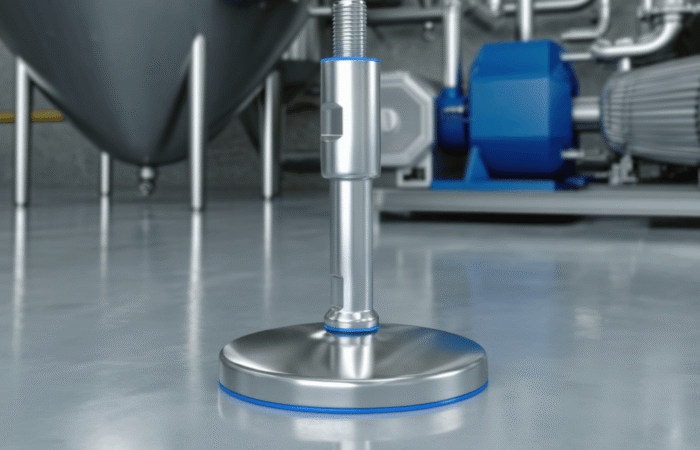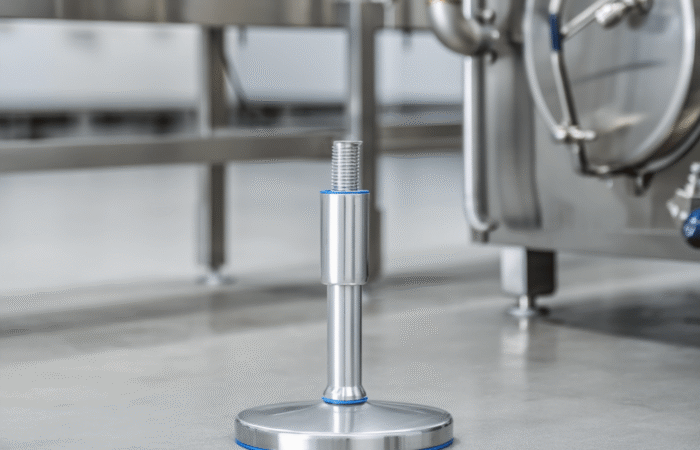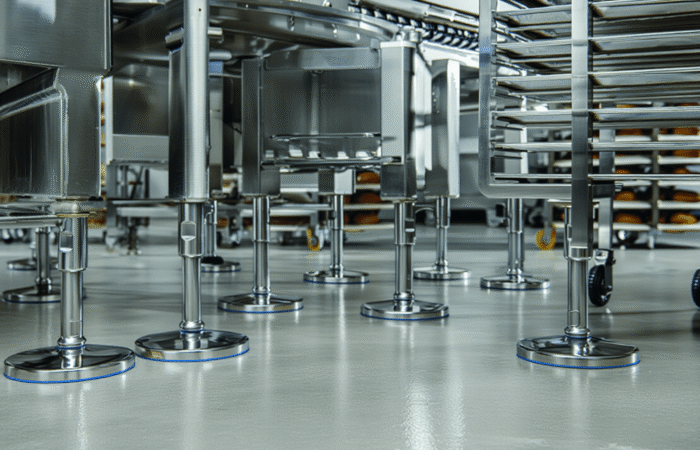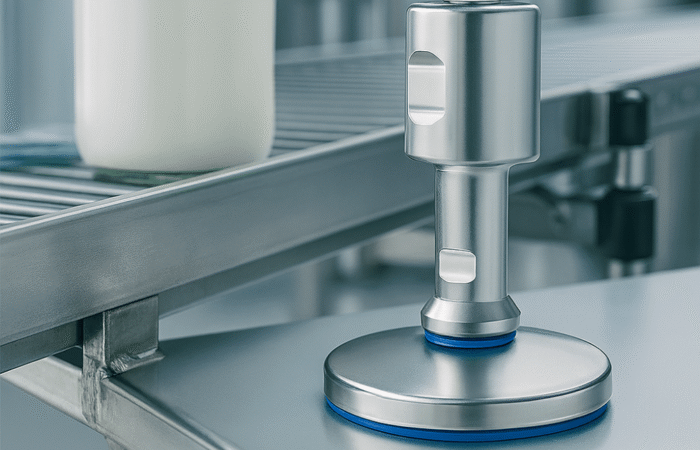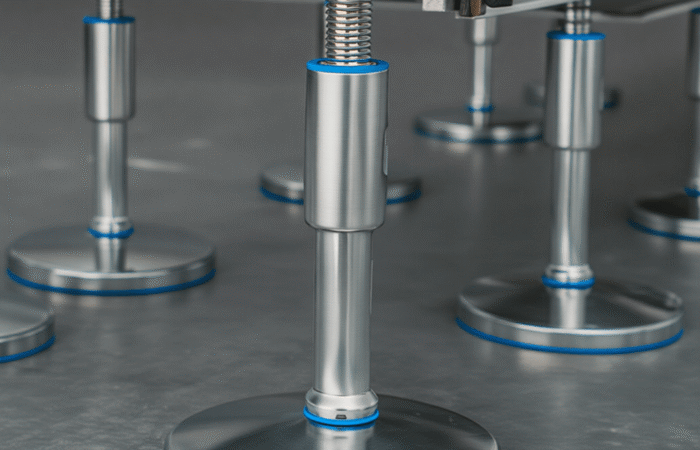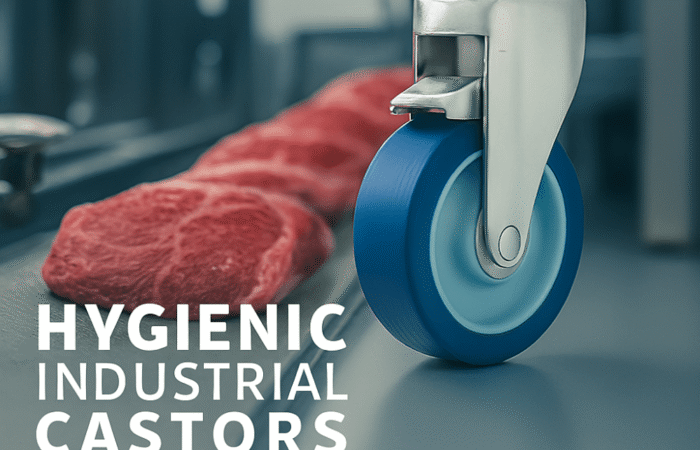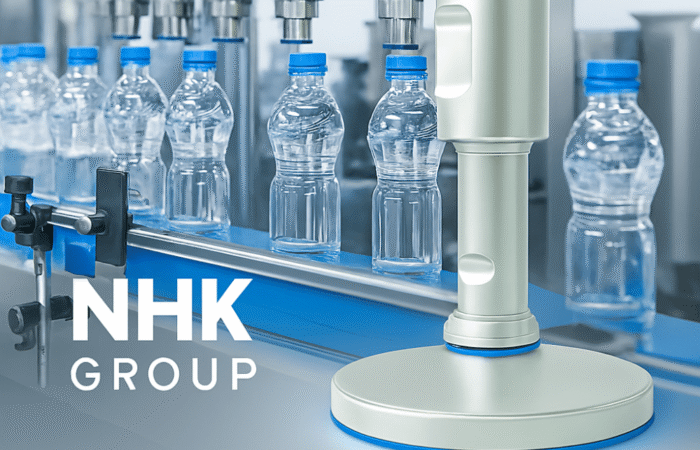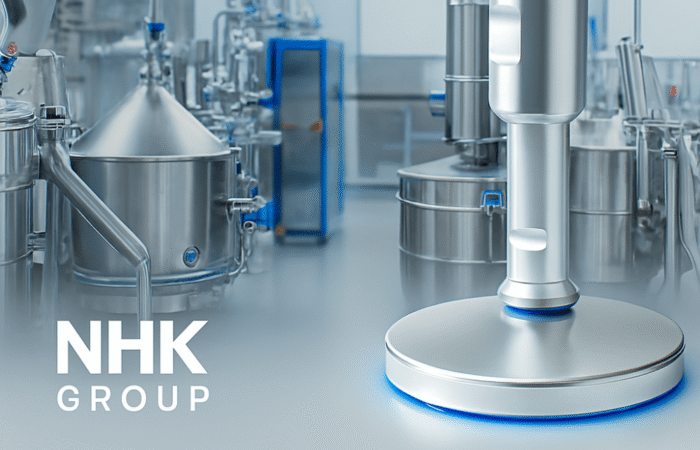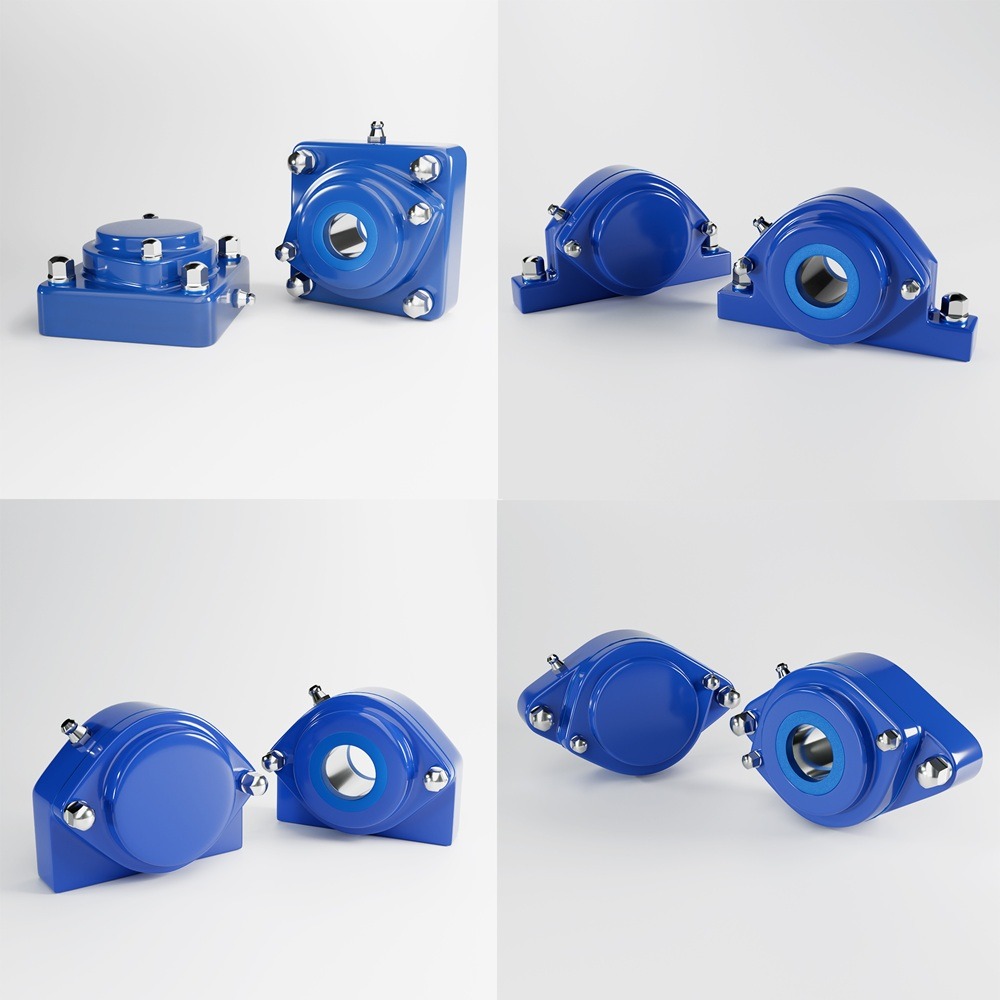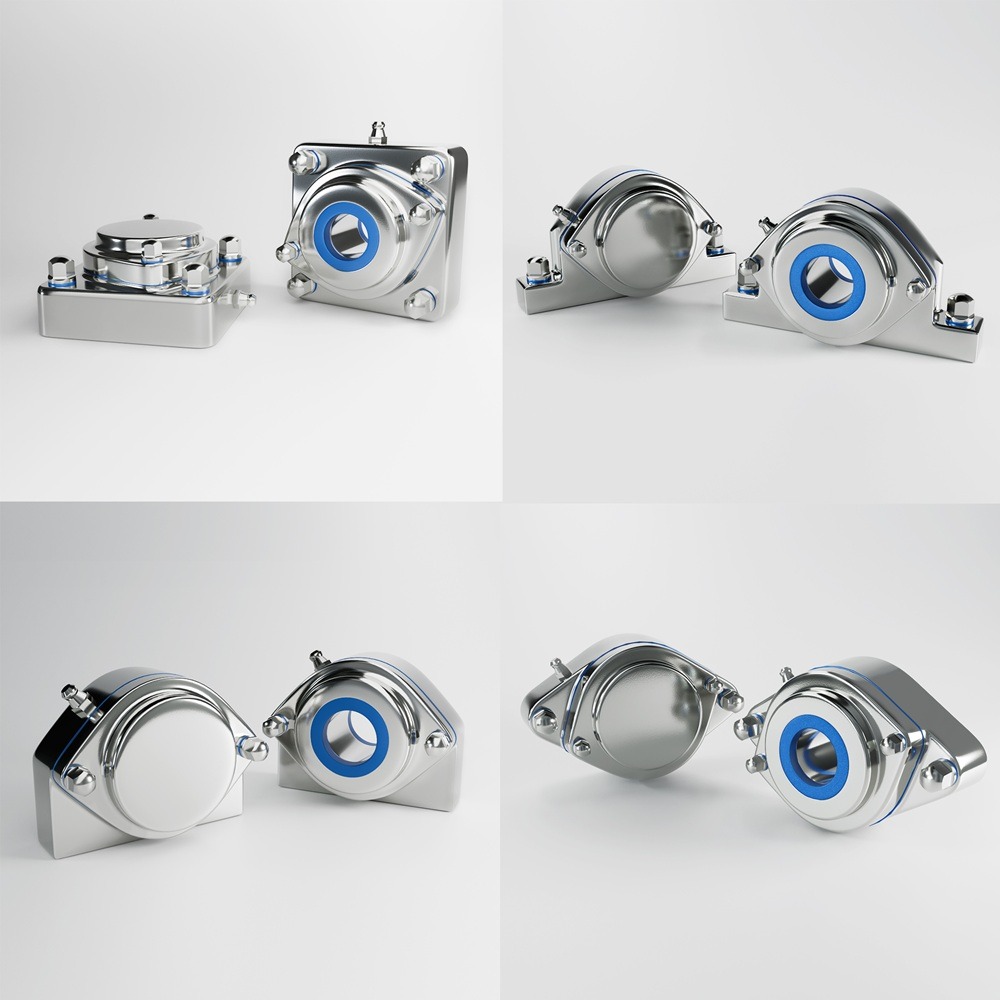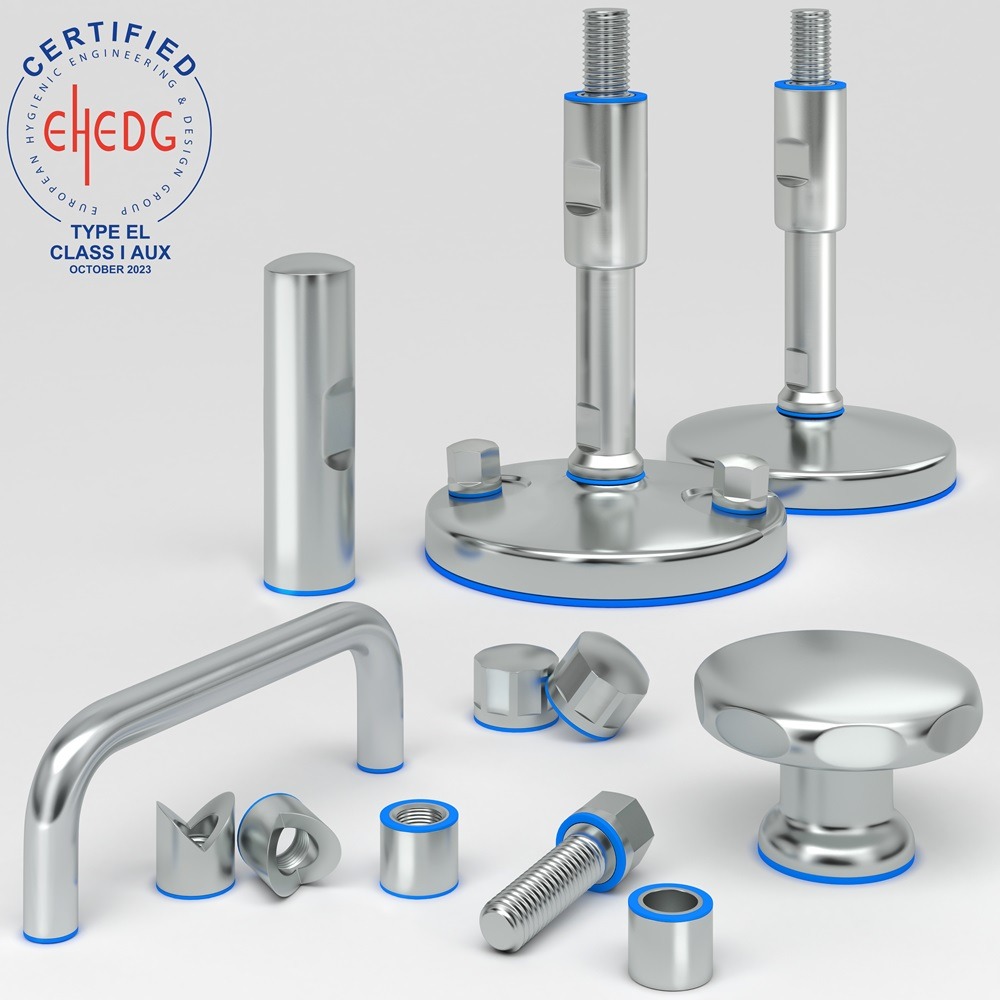
The Necessity of Simple, Durable and Reliable Hygienic Designs
Hygienic design refers to equipment and systems engineered to minimize contamination risks, streamline cleaning processes, and ensure compliance with health and safety standards. A truly hygienic design is characterized by: Regulatory bodies like the FDA, EHEDG, and 3-A Sanitary Standards impose strict guidelines for hygienic design to ensure consumer safety. Compliance is critical to avoid recalls, fines, or reputational damage. Modern consumers demand high-quality, safe, and contamination-free products. Brands that prioritize hygiene in production gain consumer trust and competitive advantage. Hygienic designs reduce downtime for cleaning and maintenance, resulting in lower operational costs and higher productivity. Food safety is paramount. Hygienic designs prevent cross-contamination, ensuring compliance with global food safety standards like HACCP. Components such as stainless steel machine leveling feet and IP67 waterproof bearings are essential in maintaining a clean production environment. The pharmaceutical sector requires ultra-clean environments to prevent contamination during drug production. Hygienic designs minimize particle generation and simplify cleaning in critical areas. In biotechnology, sterility is non-negotiable. Equipment with reliable hygienic designs ensures that experiments and production processes meet stringent quality standards. Smooth, non-porous surfaces minimize the accumulation of dirt and bacteria, making cleaning quick and effective. Stainless steel and other non-corrosive materials are ideal for hygienic designs due to their resistance to chemicals and high durability. Simple designs allow for easy access during maintenance, cleaning, and inspection, ensuring every part of the equipment is sanitized. Components like IP67 waterproof bearings and seals ensure protection against dust and water, crucial for hygiene-sensitive environments. Hygienic designs eliminate contamination risks, safeguarding both workers and consumers. Durable components reduce the need for frequent replacements, lowering maintenance costs over time. Reliable equipment ensures minimal downtime, optimizing operational efficiency. Simplified designs make it easier to meet and document compliance with industry standards, preventing costly regulatory penalties. Adjustable leveling feet, made from stainless steel, ensure stability and hygiene in equipment used in food and pharmaceutical processing. Their easy-to-clean designs enhance efficiency and compliance. IP67-rated bearings withstand extreme environments, including frequent washdowns and exposure to harsh chemicals, without compromising performance. Sanitary conveyor parts designed with smooth surfaces and accessible components streamline cleaning and prevent contamination in food production lines. As industries continue to evolve, the demand for innovative, hygienic solutions will grow. Smart technologies, such as sensors integrated into hygienic components, may soon enhance monitoring and maintenance. Additionally, sustainable materials and designs will gain prominence, aligning hygiene with environmental responsibility. Simple, durable, and reliable hygienic designs are indispensable in industries where cleanliness and safety are paramount. These designs not only meet stringent regulatory requirements but also drive operational efficiency, cost savings, and consumer trust. By prioritizing hygienic designs, businesses can ensure quality, safety, and long-term success in an increasingly competitive market. Industrial machinery requires precision-engineered components that meet exacting standards for durability, safety, and performance. This comprehensive guide explores the essential machinery parts that drive modern manufacturing across food processing, packaging, and chemical industries. Understanding the difference between Pillow Blocks and Flange Bearing Units is crucial for engineers and procurement professionals seeking to optimize equipment longevity. Pillow block bearings, also known as plummer blocks, are self-aligning bearing units that simplify installation and significantly reduce maintenance costs. These versatile components mount on machine frames and support rotating shafts with exceptional precision, ensuring smooth operation in demanding industrial environments. Flange bearing units offer a more compact alternative, featuring integrated flanges that enable direct mounting to flat surfaces without additional hardware. Both designs come in various materials, including stainless steel grades optimized for corrosive environments and food-grade applications where hygiene is paramount. The importance of material selection cannot be overstated in machinery design. 440 Grade Steel and 420 grades offer distinctly different properties suited to specific applications and environmental conditions. The 440 stainless steel variant provides superior hardness and exceptional edge retention, making it ideal for cutting tools and high-wear applications requiring maximum durability. Meanwhile, 420 stainless steel offers better corrosion resistance and is preferred in food processing equipment where chemical exposure is common. Hygienic stainless steel components have become essential in food machinery, meeting EHEDG standards and facilitating rapid equipment cleaning required in modern food production facilities. Understanding ingress protection ratings is equally critical for machinery durability and operational reliability. IP67 rating ensures protection against dust and temporary water immersion, while IP68 rating provides complete dust protection and sustained water immersion capabilities for submerged operations. The IP69K standard represents the highest protection level, specifically designed for high-pressure wash-down environments found in industrial food processing facilities. These ratings define how effectively machinery components withstand environmental challenges and maintain performance. Modern industrial facilities increasingly demand equipment that combines high performance with ease of maintenance and sanitation. The choice between different bearing types depends on operational requirements, environmental conditions, and budget constraints. Proper component selection ensures extended equipment lifespan, reduced downtime, and improved operational efficiency.What Defines a Hygienic Design?
Download our catalogue here
See our components which ensuring the necessity of simple, durable, and reliable hygienic designs
The Growing Importance of Hygienic Designs
Regulatory Pressures
Consumer Expectations
Operational Efficiency
Key Industries Benefiting from Hygienic Designs
Food Processing
Pharmaceutical Manufacturing
Biotechnology
Features of Hygienic Designs
Smooth Surfaces
Material Selection
Easy Assembly and Disassembly
IP-Rated Components
Advantages of Simple, Durable, and Reliable Hygienic Designs
Enhanced Safety
Long-Term Cost Savings
Improved Productivity
Regulatory Compliance
Real-World Applications
Hygienic Leveling Feet
Waterproof Bearings
Conveyor Systems
The Future of Hygienic Design
Discover the essential role of simple, durable, and reliable hygienic designs in modern industries.
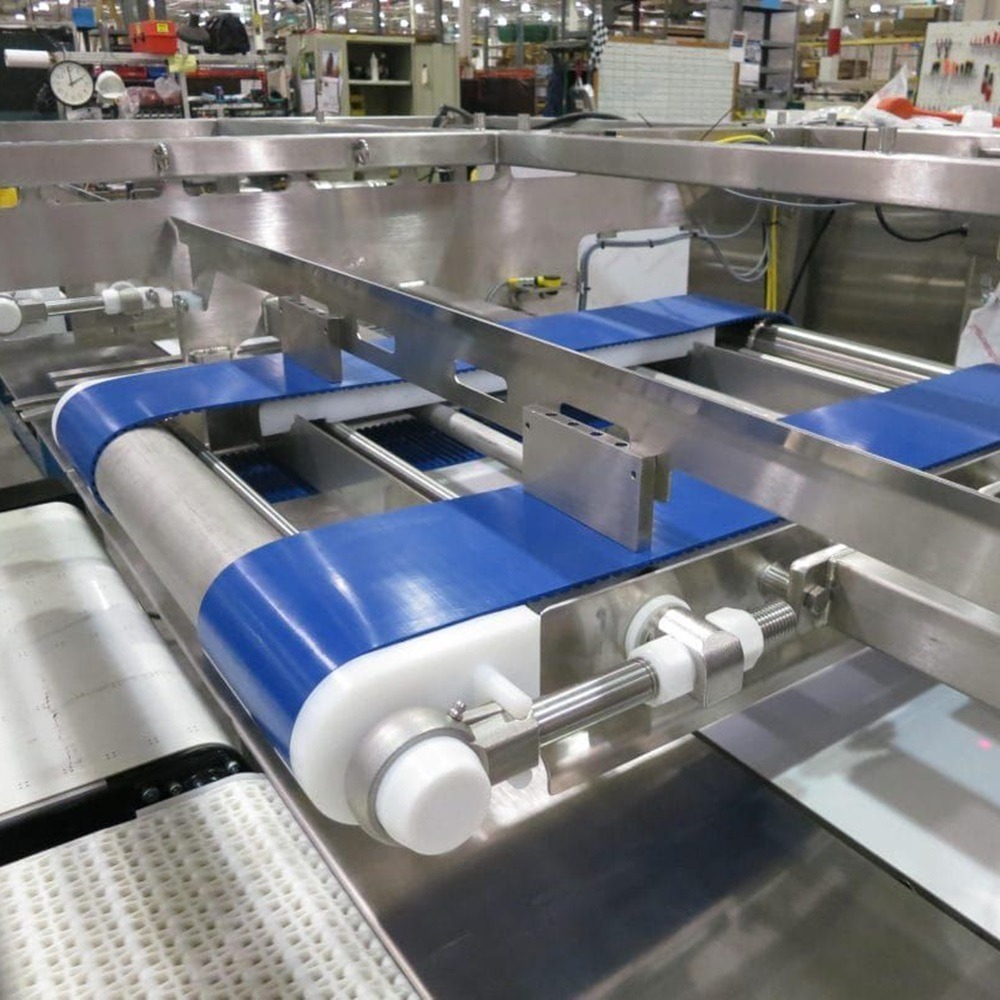
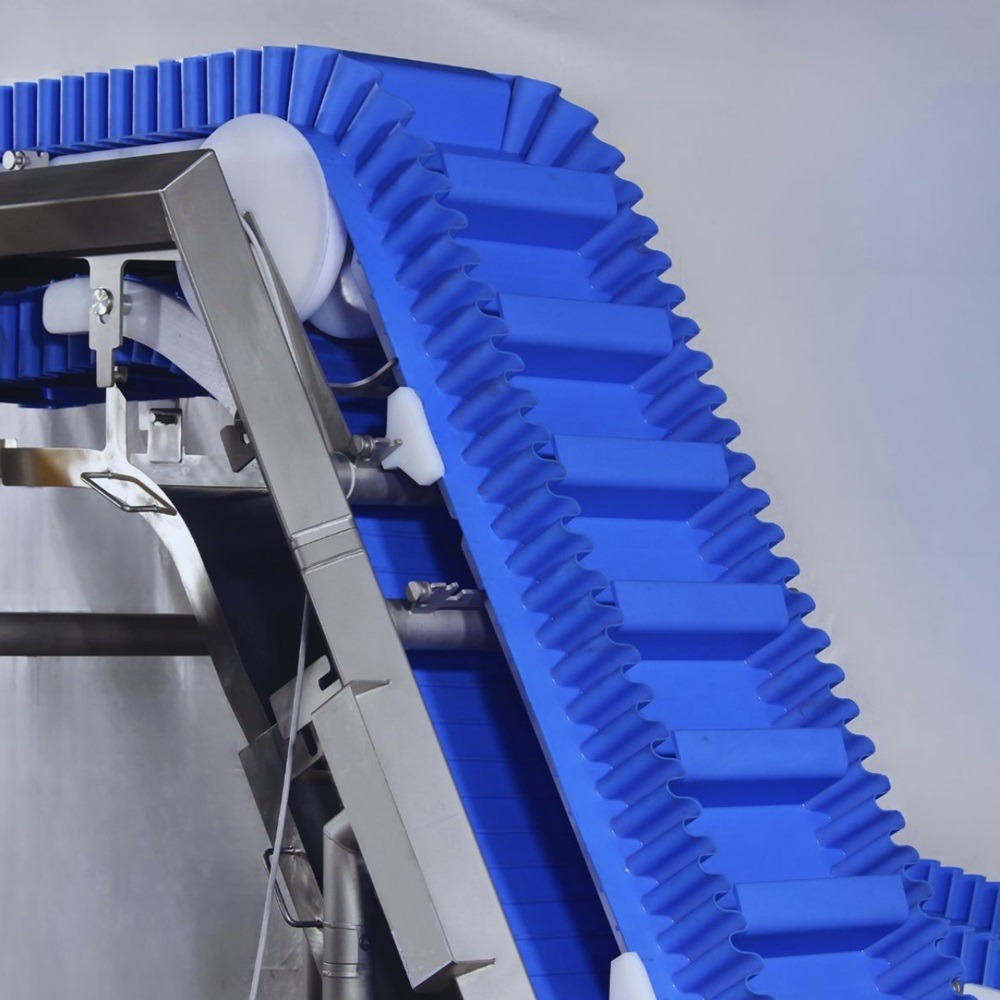
Contact
Understanding Machinery Components & Protection Standards
